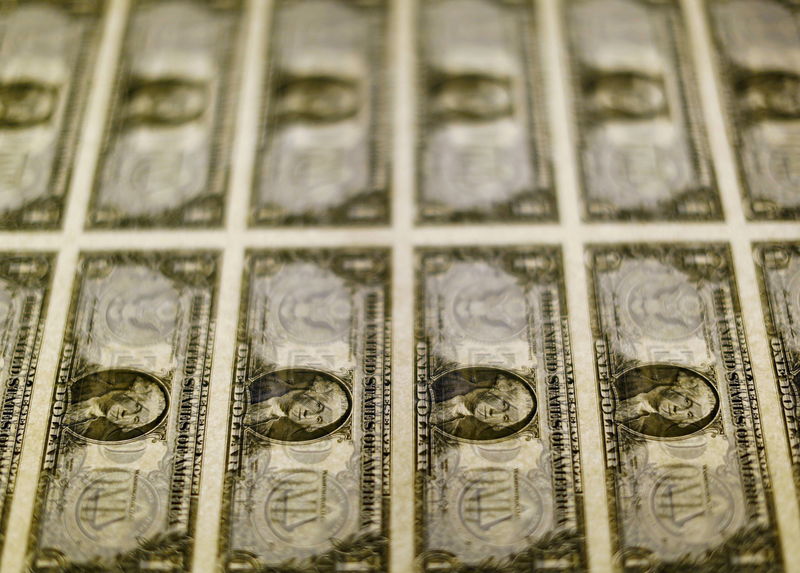Investing.com — Most Asian currencies stayed within a tight range on Wednesday, with the dollar retreating from more than two-year highs as traders awaited key consumer inflation data that is likely to factor into the outlook for the interest rates.
Attention remained focused on incoming US President Donald Trump’s plans for more trade tariffs, while commentary from several Federal Reserve officials was also available.
Traders also waited for an interest rate decision in China and labor market data from Australia – due in the coming days – for more signals in Asian markets.
The Chinese yuan pair hovered around a 16-month high, while the Australian dollar pair fell 0.2% and remained near a five-year low.
Concerns about higher US yields put pressure on most other Asian currencies. The Japanese yen pair was flat, receiving little support from the Bank of Japan’s comments that the central bank will debate raising interest rates next week.
The Singapore dollar pair rose 0.1%, while the Indian rupee pair rose slightly after hitting a record high above 86.6 rupees. India fell to the lowest level in four months in December, it emerged on Tuesday.
The dollar is hovering below a two-year high with a market CPI
The and stabilized in Asian trading after falling from a more than two-year high in overnight trading.
The dollar’s weakness was largely driven by inflation data that was softer than expected for December. These figures raise hopes among some that inflation will ease and give the Fed more leeway to continue cutting rates.
But certain components of the PPI rating – which also play a role in the data, the Fed’s preferred inflation gauge – were stronger for December, indicating underlying inflation likely remained high.
The focus is now squarely on inflation data, due later on Wednesday, for more clues about interest rates. The figures come amid growing fears that persistent inflation will keep US interest rates high for longer, especially after the Fed warned of a slower pace of rate cuts this year.
The focus was also on Trump’s plans for trade tariffs, which central bank members warned could support inflation in the long run. Reports this week indicated that Trump’s team was considering a plan for gradual tariff increases.
South Korea gained steadily after the arrest of President Yoon
The South Korean won held steady after local media reports said ousted President Yoon Suk Yeol was arrested over a failed attempt to impose military laws in December.
Authorities detained Yoon at the presidential compound in their second attempt this month to arrest the president, who will now face trial for insurrection.
Yoon’s arrest marks a possible end to increased political uncertainty in South Korea following his ouster in early December. The won had fallen to its weakest level since 2009 amid increased political uncertainty.


